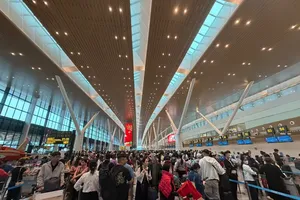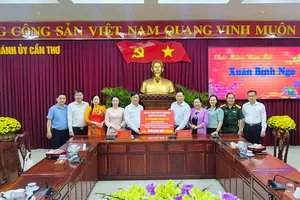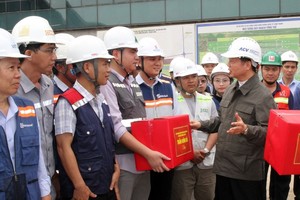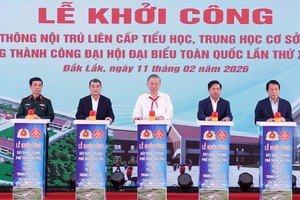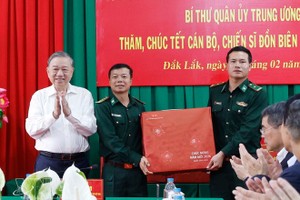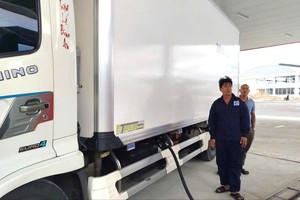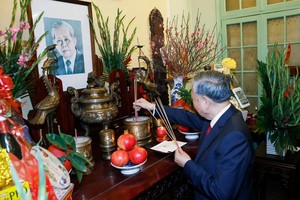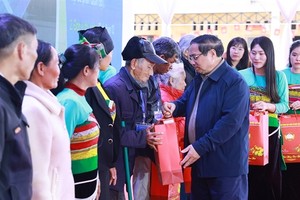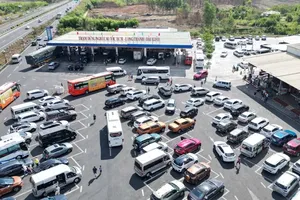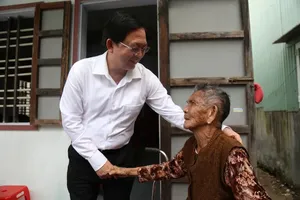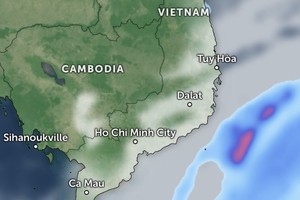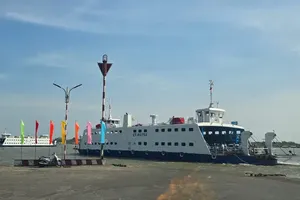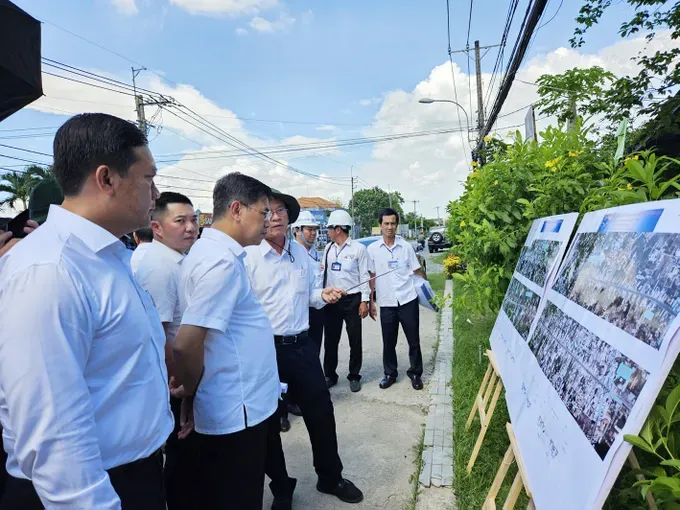
The draft Resolution amending and supplementing articles of the 2013 Constitution proposes a revision to Article 111. The draft currently reads: “Local government shall consist of a People’s Council and a People’s Committee, organized in administrative units appropriate to the characteristics of rural areas, urban areas, islands, and special administrative-economic units as prescribed by the National Assembly.”
The People’s Council stands as a democratic institution, deeply rooted and intimately connected with local citizens. It serves as the representative body for constituents and is tasked with supervising the activities of state agencies.
Meanwhile, provincial and commune-level People’s Committees also function as representative bodies for the populace. This means that citizens exercise their mastery not only through the Vietnam Fatherland Front, socio-political organizations, and elected representatives but also directly through the People’s Committees.
What is worth noticing is that significant authority is anticipated to be devolved to provincial and particularly commune-level administrations, especially following restructuring. This concentration of power inherently carries the risk of abuse. Such a reality underscores the necessity of adhering to the principle that where power resides, a mechanism for its supervision must also exist.
While various mechanisms can control administrative power, oversight by the People’s Council remains the most legitimate and potent method, consistent with the operational principles of the socialist rule-of-law.
Therefore, wherever an administrative agency operates, a People’s Council should be present to supervise and control its power. Accordingly, the amended Article 111 of the Constitution should be revised to state: “Local government shall consist of a People’s Council and a People’s Committee, organized in all administrative units of the Socialist Republic of Vietnam.”
Vietnam has previously piloted the non-organization of People’s Councils at the district and ward levels in several localities. While this resulted in considerable budgetary savings, the ultimate outcomes fell short of expectations, revealing numerous inadequacies during implementation. The rationale for these past pilot programs often cited cumbersome administrative structures and excessive staffing.
However, with upcoming provincial mergers, the potential dissolution of the district administrative tier, and commune consolidations, these prior limitations are expected to be addressed. Given this evolving context, it is imperative to establish People’s Councils at the commune level. This will not only promote democratic institutions that are accessible and connected to local residents but also ensure that the People’s Council effectively functions as a representative body for voters, overseeing the activities of commune-level government.
Consider, for instance, a scenario where a civil servant responsible for construction licensing at the ward or commune level creates procedural difficulties for citizens. In such cases, individuals can directly approach their ward or commune People’s Council delegates to present their concerns and request intervention with the authorities.
Similarly, if an alleyway in a residential area is damaged by construction vehicles, leading to muddy and flooded conditions during rains, and repeated petitions to the local administrative agency yield no results, residents can turn to their People’s Council delegates. These representatives can then formally petition the administrative body, compelling it to devise and implement corrective measures.
Furthermore, to enable commune-level People’s Councils, particularly those formed after mergers, to effectively fulfill their crucial positions, roles, and responsibilities, a conducive operational mechanism must be established.
This begins with reforming the election and selection processes for delegates to ensure the election of individuals who are genuinely intelligent, capable, and have minimal or no concurrent affiliations with Party or State positions. Such delegates could include war veterans, intellectuals, local entrepreneurs, respected community figures like village elders and hamlet chiefs, revolutionary veterans, religious dignitaries, and retired officials. If such reforms are successfully implemented, People’s Councils and their delegates will undoubtedly operate with significantly enhanced effectiveness.
In related news, yesterday afternoon, Director Nguyen Thi Hanh of the Department of Criminal and Administrative Law under the Ministry of Justice reported that as of 5:00 p.m. that day, one ministry had submitted its official report, and seven other ministries and agencies had submitted their draft reports to the Ministry of Justice, synthesizing the results of public opinion gathering on the draft Resolution amending and supplementing articles of the 2013 Constitution.




